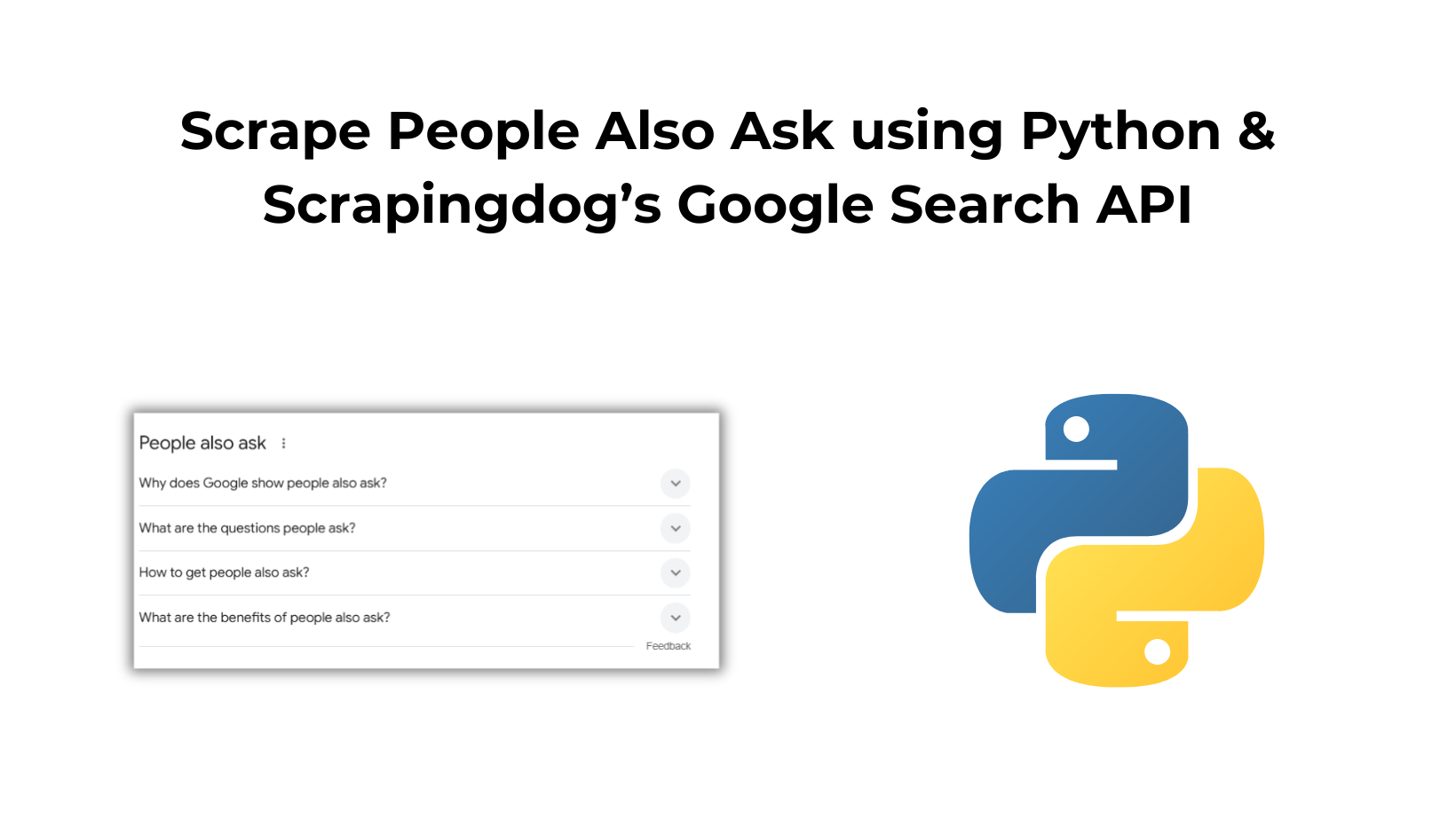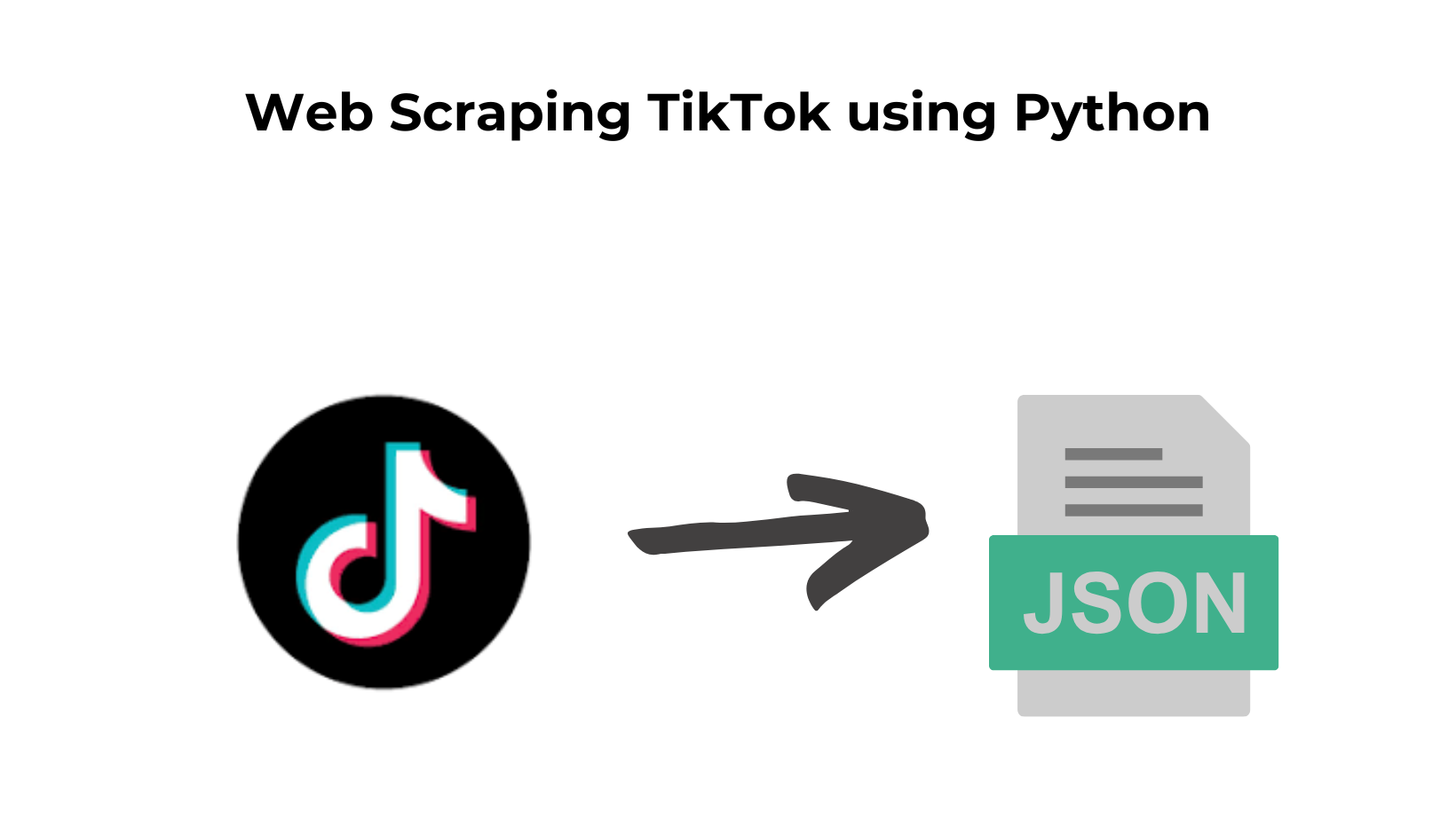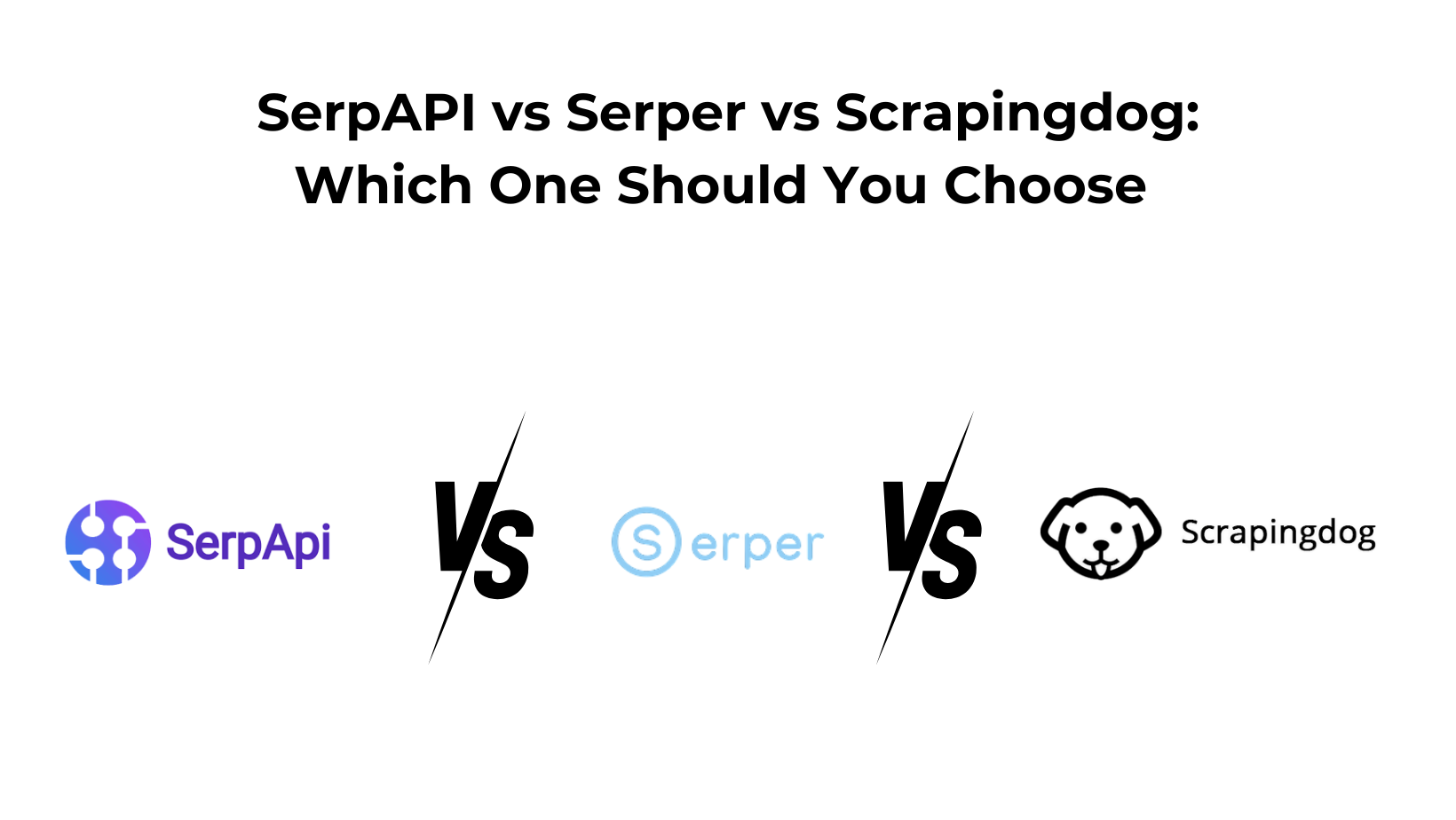Google People Also Ask is a beneficial tool for recognizing user search intent based on the questions commonly asked around the user-entered query and their answers. It helps businesses improve their SEO, optimize their content for relevancy, and increase user engagement overall.
This quick tutorial will use Python and Scrapingdog’s Google Search API to get People Also Asked Results from the search engine page.
Why Scrape Google People Also Ask?
They are a great source of keyword ideas alongside, Autocomplete and Related Searches. By analyzing PAA, we can:
- Create content that matches the user intent improving relevance and user engagement.
- Target to rank for these PAA questions and increase website visibility leading to higher CTR.
- Stay ahead of the curve by understanding users’ pain points. PAA questions often highlight emerging trends and unmet needs, enabling you to take immediate action.
- Launch personalized ad campaigns that highlight user pain points and suggest a desired solution helping in improving conversion rate.
Scraping People Also Ask Using Scrapingdog’s Google Search API
You should read our blogs on parsing HTML and getting out the structured data.
However, just to brief & for the sake of this blog, I must tell you that scraping and parsing People Also Ask comes with a lot of hassle.
Extraction of this data & further managing it requires data professionals who have experience in this particular task.
Implementing millions of IP networks and a huge infrastructure to scrape Google is a very tedious task & we can put our data pipeline at risk of breaking anytime.
This is where Scrapingdog’s Google SERP API comes into play which can be scaled to millions of API requests per day and has already handled the hassle of implementing IPs and anti-bot mechanisms to bypass any kind of blockages.
Let us move forward and build our scraper to fetch data from Google People Also Ask.
Setting up a Scrapingdog Account
Access to Scrapingdog API requires an API Key which you will get by registering on its platform.
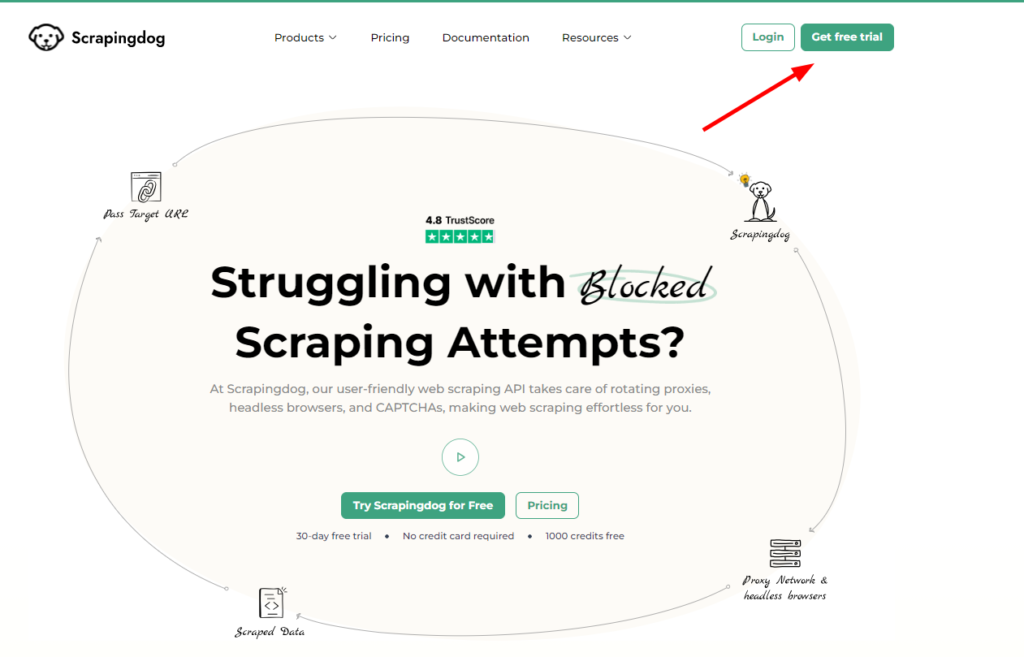
You will be redirected to the Scrapingdog dashboard after successful registration, where you will get your API KEY.
Store this API Key in a safer place, as we will use it in a bit.
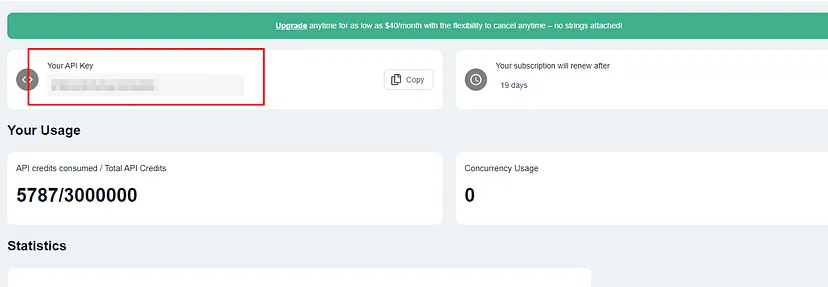
Also, you can easily test the API on the dashboard itself. Here is a video, showing how you can get the people also ask data in our platform only ⬇️
Let’s Start Scraping!!
Suppose you’re a content strategist for an online education platform that offers programming courses to its students. You’re tasked with creating content for a blog post that will answer the common questions students might have about “learning Python Programming”.
When you search for “How to learn Python”, Google presents you with a list of questions.
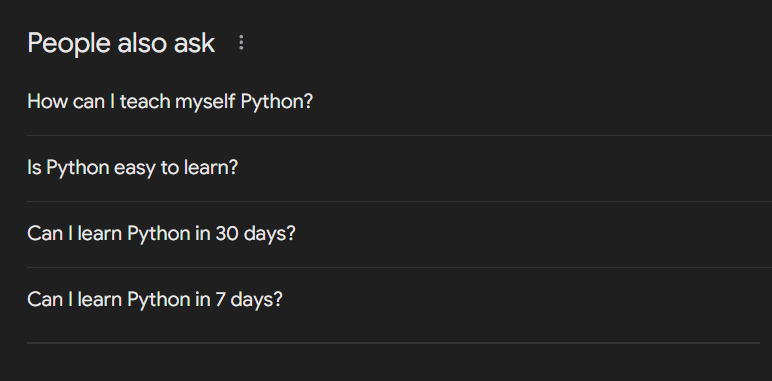
These questions can prove beneficial for your content strategy as they represent what users are searching for. By making content on these questions and preparing quality answers, you can increase your chances of ranking higher on search engines and connecting directly with your direct audience.
Let us start writing code for this scraper now. First, we will import the Requests.
import requests
After that, we will use the Scrapingdog Google Search API to make a request on our target query and get the PAA data.
payload = {'api_key': 'APIKEY', 'query':'How+to+learn+Python'}
resp = requests.get('https://api.scrapingdog.com/google', params=payload)
data = resp.json()
print(data["peopleAlsoAskedFor"])
If you wish to add any other parameter to the API request, refer to this API documentation.
Running this code in your terminal will give you the following results:
"peopleAlsoAskedFor": [
{
"question": "How can I teach myself Python?",
"title": "How to Learn Python From Scratch in 2025: An Expert Guide",
"answers": "The best way to learn Python is by using it. Working on real projects gives you the opportunity to apply the concepts you've learned and gain hands-on experience. Start with simple projects that reinforce the basics, and gradually take on more complex ones as your skills improve.",
"link": "https://www.datacamp.com/blog/how-to-learn-python-expert-guide",
"displayed_link": "www.datacamp.com › Blog › Python",
"rank": 1
},
{
"question": "Is it easy to learn Python?",
"title": "Is Python an easy language to learn? - Quora",
"answers": "Yes, Python is generally considered an easy language to learn, especially for beginners. Here are a few reasons why: Simple Syntax: Python has a clean and readable syntax that resembles plain English, which makes it easier to understand and write code.",
"link": "https://www.quora.com/Is-Python-an-easy-language-to-learn",
"displayed_link": "www.quora.com › Is-Python-an-easy-language-to-learn",
"rank": 2
},
{
"question": "Can I learn Python in 30 days?",
"title": "Learn Python in 30 Days - Coding for Beginners - Udemy",
"answers": "Python is one of the most popular and useful languages out there. In this class, you'll learn the fundamentals you need to write your own Python programs. The course is designed to be taken over the course of 30 days, in bitesize sessions of around 15 minutes each day.",
"link": "https://www.udemy.com/course/learn-python-in-30/",
"displayed_link": "www.udemy.com › course › learn-python-in-30",
"rank": 3
},
{
"question": "Can I learn Python programming on my own?",
"title": "How Long Does it Take to Learn Python? (2024 Guide) | BrainStation®",
"answers": "Can I Learn Python On My Own? Yes, it's absolutely possible to learn Python on your own. Although it might affect the amount of time you need to take to learn Python, there are plenty of free online courses, video tips, and other interactive resources to help anyone learn to program with Python.",
"link": "https://brainstation.io/career-guides/how-long-does-it-take-to-learn-python",
"displayed_link": "brainstation.io › career-guides › how-long-does-it-take-to-learn-python",
"rank": 4
},
],
However, to stay relevant you need to keep track of Google PAAs regularly as they are dynamically changed by Google based on user’s behavior.
Simple isn’t it? This simple setup with our API allowed you to scrape PAA in no time.
Conclusion
In this tutorial, we learned the to scrape Google PAA using Python with Scrapingdog’s API.
I hope you liked this article and if you do, please share this article on Social Media.
Thanks for reading it!👋
Additional Resources

